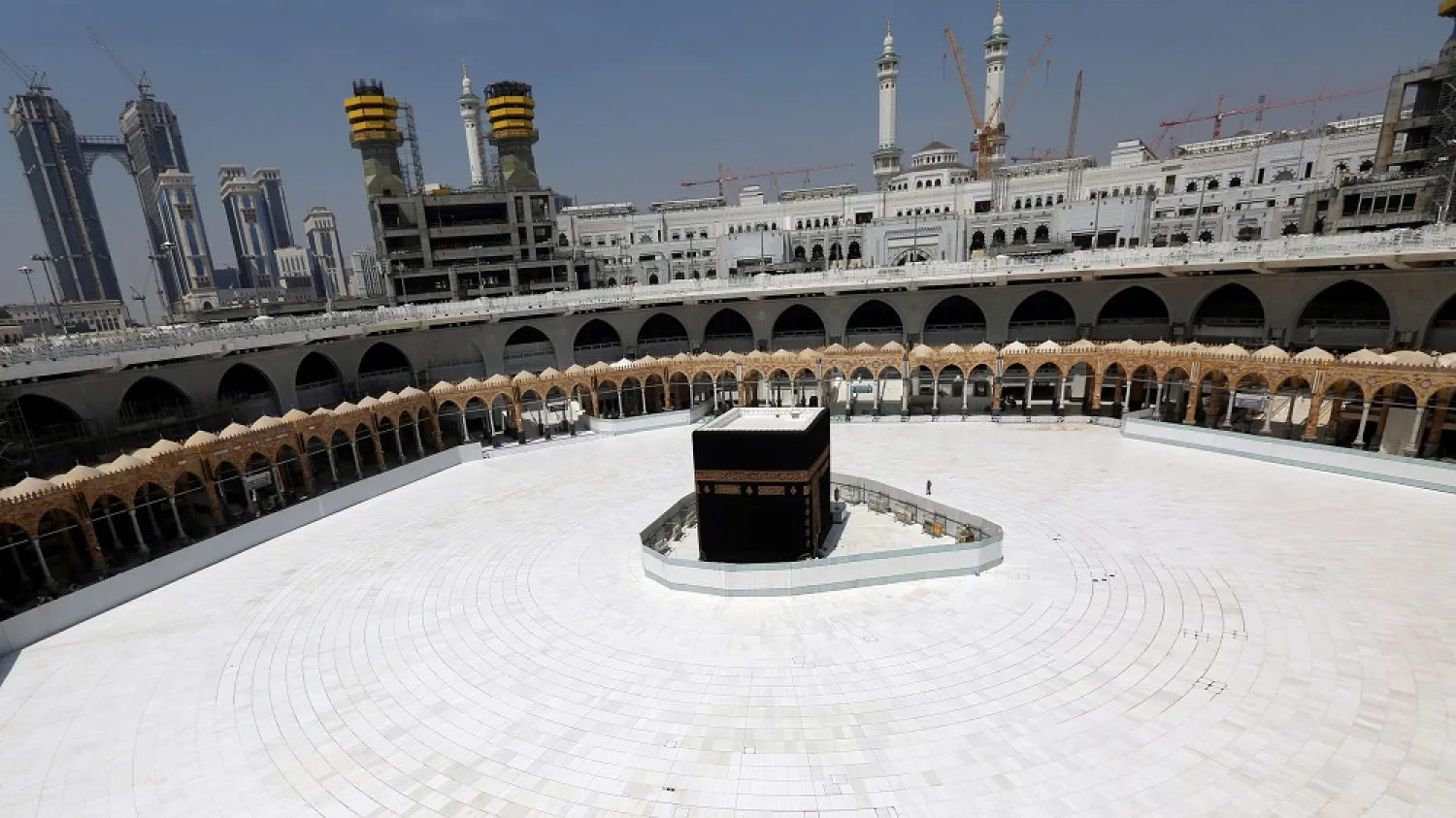The Saudi Ministry of Hajj and Umrah completed the electronic screening of Hajj requests from applicants from over 160 nationalities.
This year’s annual pilgrimage has been limited to citizens and residents of Saudi Arabia due to the novel coronavirus pandemic.
Residents will comprise 70 percent of the pilgrims, while the rest will be Saudis, the majority of whom are workers in the medical and military fields and others who have recovered from the disease.
The ministry had opened the window for applications on July 10.
Last month, Minister of Hajj and Umrah, Dr. Mohammad Saleh bin Taher Benten that around 1,000 pilgrims will perform this year’s Hajj.
He stressed that the rituals will be held according to the necessary preventive and social distancing measures against the coronavirus.
All pilgrims will be tested for COVID-19 before being allowed to perform the Hajj. They will also have to remain in quarantine for 14 days after the conclusion of the pilgrimage. Pilgrims under the age of 65 and who do not suffer from chronic diseases will be allowed to perform the rituals.
Touching the Kaaba, the holiest site in Islam, will be banned, and a social distancing space of a meter and a half between each pilgrim during the rituals, including mass prayers and while in the Kaaba circling area, will be imposed.
Access to holy sites at Mina, Muzdalifah and Arafat will be limited to those with Hajj permits starting July 19 until August 2, and wearing masks all the time will be mandatory for both pilgrims and organizers. People accessing these sites without a permit will be fined 2,666 dollars. The fine will be doubled for repeat offenders.
All areas of the Hajj, from lodgings to the holy mosque in Makkah will be regularly disinfected. Hand sanitizers will be made available for the pilgrims throughout the pilgrimage and during resting periods. Strict health precautions will be adopted at every step of their holy journey.









